Filter by
749 results found
-

Friends of COP open letter urges UK Prime Minister to attend COP27
The “Friends of COP”, including NbSI Director Professor Nathalie Seddon, have written to the UK Prime Minister Rishi Sunak and ministers underlining the importance of the Prime Minister’s attendance at COP27 in November, and of building solidarity, trust and support in multilateral climate action. The Friends of COP consists of over 25 experts in multiple […] -

New RSPB report: how to drive a nature positive decade of action
A new report from RSPB, A World Richer in Nature, outlines how global promises can be turned into a decade of action for nature by the UK Government and devolved administrations; getting nature positive in the UK by 2030. At the upcoming global biodiversity Convention on Biological Diversity (CBD) conference, COP15, held in Montreal in […] -
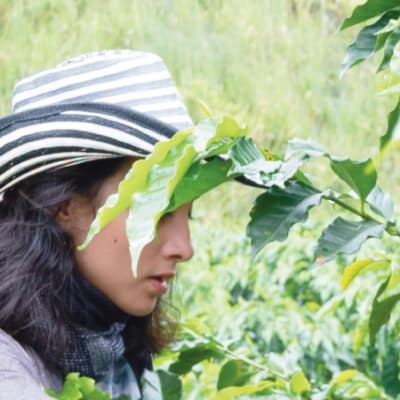
New UNEP report: Opportunities and Challenges for Scaling Up NbS
A new report from the United Nations Environment Programme (UNEP), Nature-based Solutions: Opportunities and Challenges for Scaling Up, published in October 2022, outlines the developments on NbS with global, regional, and national commitments, key issues, and concerns. The United Nations Convention to Combat Desertification (UNCCD) decision 15/8 in 2022 mentions NbS and invites Parties to […] -
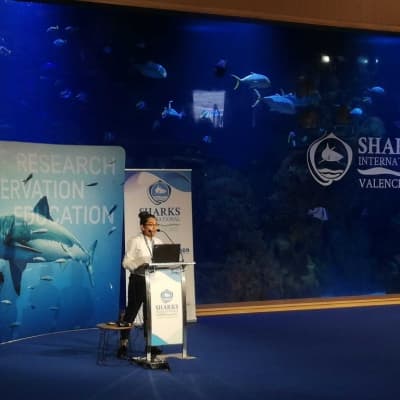
PhD Researcher Alifa Haque awarded best student presentation at Sharks International 2022
Congratulations to NbSI PhD researcher Alifa Haque, who was recently awarded the best student presentation at Sharks International 2022, out of several hundred abstracts submitted and presented both online and in-person. Alifa Haque is a marine biologist focusing on conserving sharks and rays in the global south context, supervised by Prof Nathalie Seddon and Dr […] -

Wildlife and Countryside Link progress report on protecting land and sea for nature
A new Wildlife and Countryside Link report assessing the Government’s 30×30 commitment in England has found that no appreciable progress on governmental policy to protect 30% of the land and sea for nature by 2030. Following the Government’s 30×30 commitment made on 28 September 2020, the 2021 WCL progress report, ‘Achieving 30×30 in England on land […] -
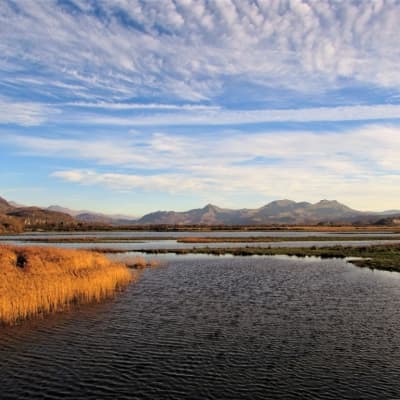
Wales to triple peatland restoration
The Welsh Government commissioned a ‘Biodiversity Deep Dive’ to assess how nature recovery across land and sea can best be accelerated, and has set out recommendations, including the tripling of peatland restoration targets while promising further action to restore Wales’ wildlife and plants. The Deep Dive, released ahead of the UN Conference of the Parties […] -
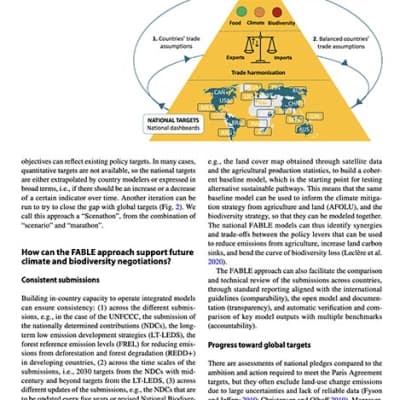
How can diverse national food and land-use priorities be reconciled with global sustainability targets? Lessons from the FABLE initiative
Here, we present a collaborative approach developed with the FABLE—Food, Agriculture, Biodiversity, Land, and Energy—Consortium to reconcile both global and national elements for developing national food and land-use system pathways. -
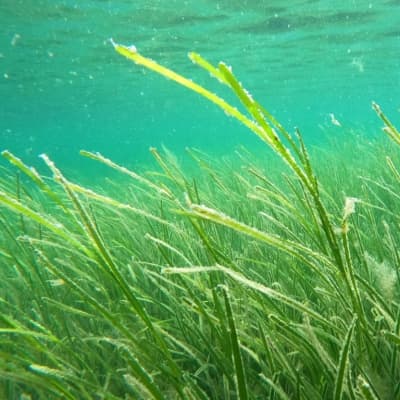
Biodiversity outcomes of nature-based solutions for climate change adaptation: Characterising the evidence base
Key et al., 2022 A recent Frontiers in Environmental Science paper, Biodiversity outcomes of nature-based solutions for climate change adaptation: Characterising the evidence base, by the NbSI team aims to improve our understanding of the ecosystem health outcomes of nature-based interventions for climate change adaptation. The potential of NbS to tackle both the climate and […] -

NbSI joins the People’s Plan for Nature
The People’s Assembly for Nature is a citizens’ assembly and will bring together a broadly representative group of people from across the country, as part of the People’s Plan for Nature, to look at the question “What should we do to protect and restore nature in the UK?”. In the UK’s biggest ever conversation about […] -
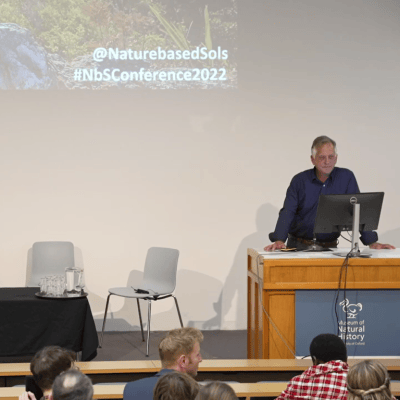
Edward Barbier keynote: The economics and financing of nature-based solutions
The day 3 keynote address of the NbS conference 2022, The Economics and Financing of Nature-based Solutions: Challenges and Opportunities, was delivered by Edward Barbier, University Distinguished Professor in the Department of Economics, Colorado State University. Professor Barbier is an environmental and resource economist and a highly cited scholar on global environmental and sustainability issues. […] -
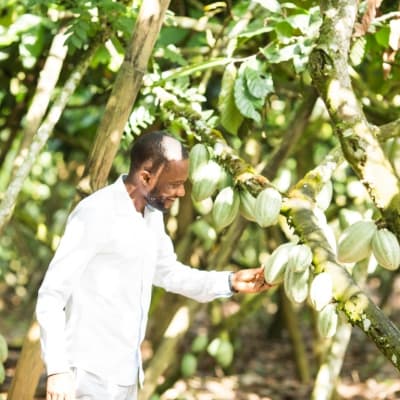
Can sustainability certification enhance the climate resilience of smallholder farmers? The case of Ghanaian cocoa
Thompson et al., 2022 A recent Journal of Land Use Science paper Can sustainability certification enhance the climate resilience of smallholder farmers? The case of Ghanaian cocoa, led by NbSI’s Dr William Thompson, explores the Ghanaian cocoa value chain, the world’s second largest industry supplier. Threatened by drought and heatwaves that are increasing under climate […] -
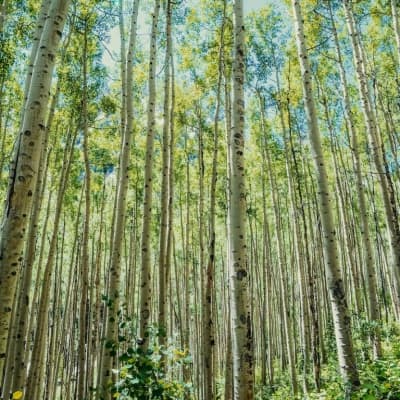
The role of Nature-based solutions in supporting social-ecological resilience for climate change adaptation
Turner et al., 2022 A new paper, The role of Nature-based solutions in supporting social-ecological resilience for climate change adaptation, has recently been published in Annual Review of Environment and Resources, led and co-authored by NbSI team members Beth Turner, Nicole Chabaneix, Stephen Woroniecki, and Nathalie Seddon, and collaborators Tahia Devisscher and Christian Messier. NbS […] -

Making sure greenhouse gas removal works for people and the planet
As part of the CO2RE greenhouse gas removal hub, NbSI Postdoctoral Researcher Dr John Lynch has been contributing to an evaluation framework for different greenhouse gas (GHG) removal methods. CO2RE conducts research, co-ordinates demonstration projects around the UK, connects to other relevant national and international programmes and commissions grants through a flexible fund. The CO2RE […] -
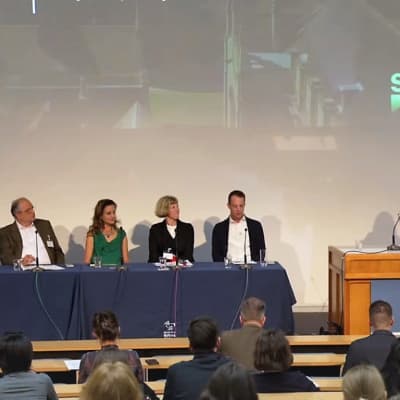
The Future of Adaptation – SEI Oxford 20th anniversary event
A Stockholm Environment Institute (SEI) Oxford 20th anniversary event: “The Future of Adaptation” was held in Oxford on September 29, 2022, featuring NbSI Director Prof Nathalie Seddon. To mark the 20th anniversary of SEI Oxford, an international non-profit research and policy organization that tackles environment and development challenges, and the 15th anniversary of the climate […] -
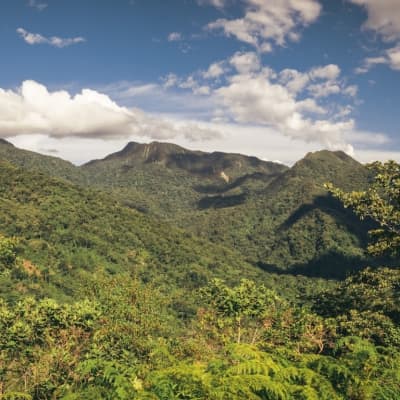
Net Zero Pathways for Brazil
A recent Oxford Net Zero webinar ‘Net Zero Pathways for Brazil’ discussed how nature-based solutions are critical for putting Brazil on track towards its net zero pledge based on the research led by NbSI and Oxford Net Zero Research Fellow Aline Soterroni. The discussion panel included the Brazilian experts Izabella Teixeira, the Former Minister for the […] -

NbSI statement on UK government announcements and their threat to nature
In the midst of a climate and nature emergency, we are deeply concerned by the UK government’s recently announced plans that threaten to scrap vital legislation and incentives that protect nature and human health. The Retained EU Law bill could revoke key legislation governing air pollution, water quality, pesticide use, and habitat and species protection. […] -
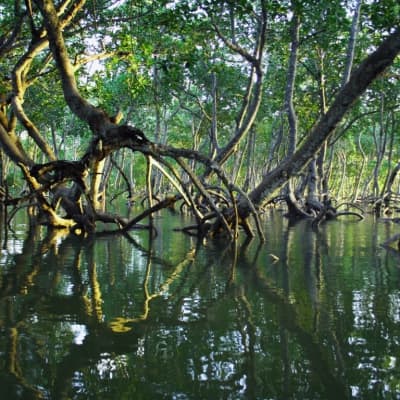
Flood recovery and mangrove reforestation in Mozambique
Communities surrounding the Limpopo River Estuary in Mozambique maintain a mangrove nursery, plant seedlings, and monitor the state of reforested areas . They are supported by the Centre for Sustainable Development of the Coastal Zones, an autonomous institution under the Ministry of Land, Environment and Rural Development. The reforested areas have been found to provide […] -
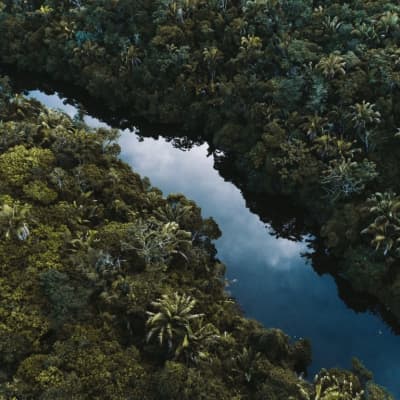
Indigenous community-led reforestation and agroforestry in the Amazon
This case study highlights the work of Instituto Raoni, which protects and surveils over two million hectares of indigenous land, including the largest remaining contiguous segment of the Amazon rainforest. Instituto Raoni (Raoni Institute) is the organizational face of the Kayapó, a Brazilian indigenous group that is fighting deforestation of the Amazon. The Kayapó indigenous […] -

10 Point Plan for Financing Biodiversity announced by Ecuador, Gabon, the Maldives and the United Kingdom
The UK is one of four countries calling for governments around the world to follow a plan for bridging the global biodiversity finance gap ahead of COP15, which is currently estimated to be $700 billion annually. Unveiled by the governments of Ecuador, Gabon, the Maldives and the United Kingdom, the Political Vision: The 10 Point Plan […] -
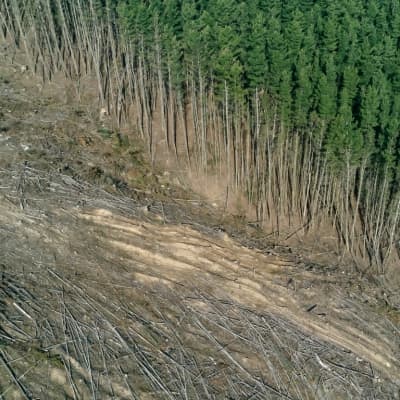
EU lawmakers support a ban of goods linked to deforestation
Members of the European Parliament have voted in favour of a proposal for a law that would ban the sale of agricultural products linked to the destruction of forests in the EU. MEPs have voted to extend the list of agricultural goods covered by the EU law against imports linked to deforestation to include maize, […] -
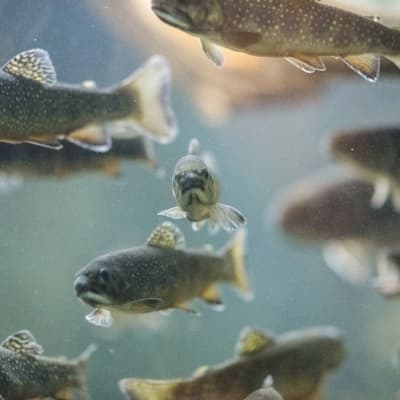
Restoration of trout streams, riparian habitat and watersheds
This case study of trout stream adaptation addresses existing and climate-driven causes of degradation through habitat restoration, with a whole-landscape approach. Trout are likely to be particularly susceptible to the effects of climate change. As cold-water fish, they generally cannot tolerate temperatures above 22–28°C, depending on the species. High temperatures lead to reduced growth, survival […] -
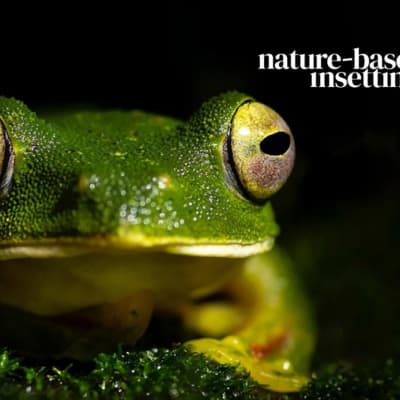
Nature based Insetting project pilot with TNFD
The Nature based Insetting team are piloting a project from the Nature based Insetting model with the Taskforce for Nature Related Financial Disclosure (TNFD). Nature-based Insetting is a social venture spin-out of the Nature-based Solutions Initiative at the University of Oxford. The team of researchers work at the interface of science and practice to help […] -
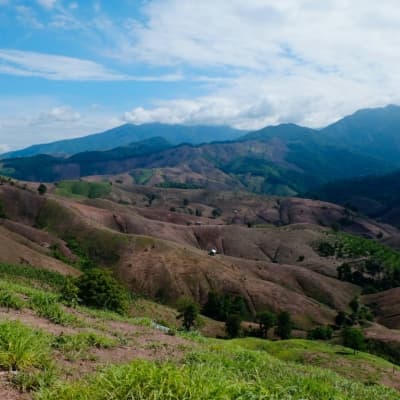
Disentangling the numbers behind agriculture-driven tropical deforestation
Pendrill, F., et al. 2022 A recent study in Science, Disentangling the numbers behind agriculture-driven tropical deforestation, tropical deforestation from 2011 to 2015 was investigated, and it was found that 90-99% of all deforestation was driven directly or indirectly by agriculture, yet only 45-65% was converted into productive agricultural land. Although different land uses and […] -

Net Zero Pathways for Brazil webinar
Join experts as they discuss net zero pathways for Brazil, a key player in the fight against climate change. Register Brazil is the world’s fifth largest country by area, tenth biggest economy and contains 60% of the Amazon rainforest. The South American country is a key player in the fight against climate change. In this […] -
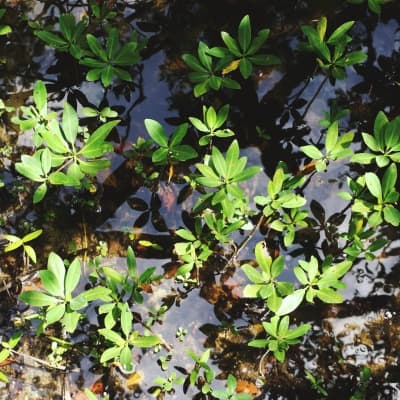
The risks of overstating the climate benefits of ecosystem restoration
Doelman, J.C. & Stehfest, E. 2022 A recently published Matters Arising response to the 2020 Nature paper, Global priority areas for ecosystem restoration (Strassburg et al., 2020), asserts that overstating the role of restoration in preventing climate change may undermine mitigation efforts and distract from the core task of reducing carbon emissions. Strassburg et al. […]
